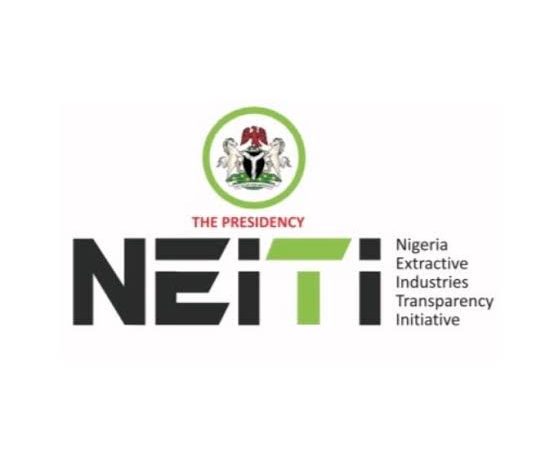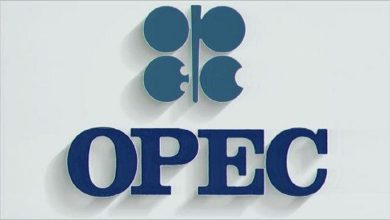Business
NEITI pushes for transparency in oil investments and divestments

The Nigeria Extractive Industries Transparency Initiative (NEITI) has called on the Nigerian Upstream Petroleum Regulatory Commission (NUPRC) to ensure full disclosure of beneficial ownership of oil assets across the country.
The call was sequel to c NEITI’s independent observation and monitoring of the pre-qualification and technical bid processes of the 2022–2023 Mini Bid Round and the 2024 Licensing Round.
NEITI identified areas where NUPRC needed to make improvements, including strengthening the evaluation methodology and metrics, enhancing transparency in result disclosure, improving public access to bidder information, and integrating technical and commercial value assurance in evaluations.
The advisory report offered actionable recommendations to bolster future rounds, emphasising transparent disclosures, standardized scoring, and consistent stakeholder engagement.
The report commended NUPRC for notable progress in the conduct of the 2022–2023 mini-bid round and the 2024 licensing round, highlighting “notable improvements in inclusivity, digitalisation, and procedural integrity.”
NEITI praised NUPRC’s efforts, noting that the licensing process was generally professional, transparent, and inclusive, with adherence to published criteria as required by the Petroleum Industry Act (PIA) and EITI provisions.
At the same meeting, the NEITI board adopted a comprehensive energy transition and climate accountability framework, developed in alignment with Nigeria’s national energy transition plan, global climate obligations under the Paris Agreement, the Sustainable Development Goals (SDGs), and the 2023 EITI standard.
The framework redefined NEITI’s role in the energy transition, introducing a transparent and accountable mechanism for tracking greenhouse gas emissions and climate-related financial risks.
To operationalise this policy, NEITI outlined key implementation steps covering oil, gas, and solid minerals reporting, stakeholder engagement, institutional coordination, and bi-annual performance reviews.
The framework is being developed with support from the Ford Foundation as part of NEITI’s ongoing study on the impact of energy transition on Nigeria’s oil-dependent economy.
“We remain committed to working collaboratively with regulators, civil society, and industry stakeholders to institutionalise transparency, good governance, and sustainable development in Nigeria’s extractive industries,” said Orji Ogbonnaya Orji, Executive Secretary of NEITI.
“The framework positions Nigeria at the forefront of climate-compliant resource governance.
”It is our bold response to the urgent need for transparency in how oil investments and divestments affect host communities and the environment, ” he added.



